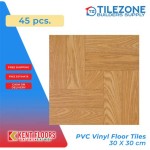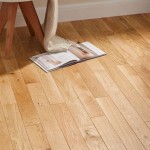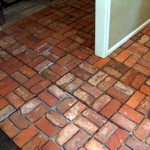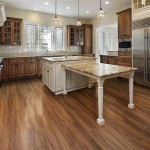Natural Wood Flooring: A Comprehensive Guide to Its Essential Aspects
Natural wood flooring, a classic and timeless choice for homes and businesses alike, offers a range of advantages that make it a popular flooring option. From its aesthetic appeal to its functional benefits, natural wood flooring elevates any space with its warmth, durability, and timeless elegance.
Species and Grain Patterns
Natural wood flooring encompasses a wide variety of species, each with its unique grain patterns, colors, and characteristics. Common species include oak, maple, cherry, walnut, and bamboo. Oak is known for its strength and durability, while maple offers a lighter color with a fine grain. Cherrywood is characterized by its reddish-brown hue and distinct grain, and walnut is prized for its rich, dark brown color. Bamboo, a sustainable option, boasts a unique variegated grain and exceptional hardness.
Grades and Finishes
Wood flooring comes in various grades, ranging from Select, which features the highest quality and least imperfections, to Utility, which has more pronounced knots and color variations. The finish of the flooring also plays a significant role in its appearance and durability. Unfinished flooring allows for customization with stains and finishes, while prefinished flooring comes ready to install with factory-applied finishes, such as polyurethane or lacquer.
Installation Methods
There are several installation methods for natural wood flooring, each with its advantages and disadvantages. Nail-down installation involves securing the flooring directly to the subfloor using nails. Glue-down installation bonds the flooring to the subfloor using an adhesive. Floating installation, on the other hand, involves connecting the planks to each other without attaching them to the subfloor.
Maintenance and Care
Proper maintenance is essential to preserve the beauty and longevity of natural wood flooring. Regular sweeping and vacuuming remove dirt and debris. Occasional damp mopping with a manufacturer-recommended cleaner helps maintain its luster. Avoid using harsh chemicals or excessive water, as they can damage the finish and wood itself. Protective mats or rugs in high-traffic areas can reduce wear and tear.
Environmental Sustainability
Natural wood flooring can be an environmentally sustainable choice when sourced from responsibly managed forests. Look for flooring certified by organizations like the Forest Stewardship Council (FSC), which ensures that the wood is harvested from sustainably managed forests. Bamboo flooring, a rapidly renewable resource, is also an eco-friendly option.

Act Natural Why Use Hardwood Flooring America

Natural Oak Floor Xpert

Pure Natural Wood Floors Residential And Commercial Flooring Tarkett

Engineered Wood Vs Solid Hardwood

Water Based Finish To Your Wood Floor For A More Natural Look

How White Oak Flooring Is Changing Interior Design Carlisle Wide Plank Floors

Bellawood 3 4 In Natural Hickory Solid Hardwood Flooring 25 Wide Ll

Home Naturally Wood

What Makes Our Hewn Flooring Look Like Natural Wood Floors Becki Owens Blog

Why Natural Wood Flooring Is A Timeless Choice Canadia








